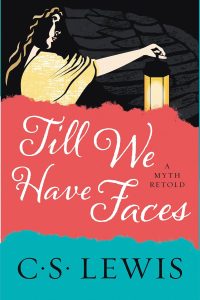 Summary: King’s Letters from a Birmingham Jail as well as the whole Birmingham campaign still have something to say to the modern church.
Summary: King’s Letters from a Birmingham Jail as well as the whole Birmingham campaign still have something to say to the modern church.
I have known about this book since it came out. The author is the brother in law of a friend of mine and we have several other mutual friends, although I have never met him. But like many books on difficult subjects, I found one reason or another to not pick it up.
But after re-reading King’s Letter From a Birmingham Jail this past MLK day, I decided it was time to stop delaying. And I am glad that I did.
Edward Gilbreath is a journalist, editor at Christianity Today, founding editor of Urban Faith magazine and has worked with Promise Keepers and other Evangelical organizations or magazines. So it is helpful that this is not an abstract history of the Birmingham campaign and exploration of the content of the Letter from Birmingham Jail, but also a personal reflection both as an African American and an Evangelical.
I have found that reading the history of Civil Rights in the US is more effective when told in the first person. Carolyn Maull McKinstry’s memoir of her life during and after the Birmingham campaign would not have had nearly the power if it was just talking about the 16th Street church bombing. It had power because it talked about the bombing of a church and the death of her four friends in a bathroom that she had just walked out of right before the bomb went off and her life as a survivor after that point.
Gilbreath does not insert himself into the narrative, like me he was too young to have lived through it. But he does interview a number of people that did live through it and he reflects not only on how he is inspired or how things have changed (or not changed) since then, but also how he is challenged.
Birmingham Revolution revolves around the Letter From a Birmingham Jail, but it is also a larger history to give context to the letter. King was the author and face of the Birmingham campaign, but he was not the leader. King was reluctant and against the children’s marches. But those children’s marches, along with the publicity that came from news coverage and King’s own national appeal to the church in the Letter From a Birmingham Jail were a real turning point in Civil Rights.







